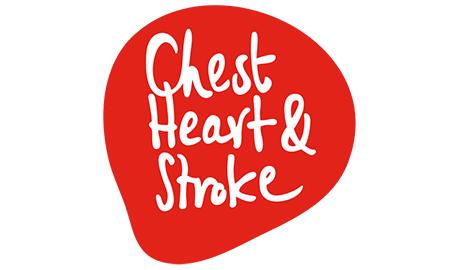Minding Your Heart: Cholesterol
Heart HealthCholesterol is a natural fatty substance found in your blood and it is essential for healthy functioning of the body. Cholesterol is made in the liver, but we also get cholesterol from the food we eat. Too much cholesterol in the body can cause fatty deposits to build up in the arteries, increasing your risk of a heart attack or stroke.
Types of cholesterol
Cholesterol is carried in your blood by proteins and are known as lipoproteins when they combine together. There are two main types of cholesterol or lipoproteins:
- ‘Good’ cholesterol or High Density Lipoproteins (HDL) takes fat away from your artery walls.
- ‘Bad’ cholesterol or Low Density Lipoproteins (LDL) stick to your artery walls and cause a fatty build up.
What causes high cholesterol?
High cholesterol is often related to unhealthy lifestyle habits, such as a diet high in saturated fat, being inactive, overweight and smoking.
Familial Hypercholesterolaemia (FH), inherited from our families, can lead to extremely high cholesterol levels and without treatment can lead to heart disease at a young age. High cholesterol does not have any signs or symptoms so it’s important to get it checked.
What can I do to prevent high cholesterol?
Making changes to your lifestyle will help reduce your cholesterol. It is also important to take any medication prescribed by your doctor.
1. Eat a healthy balanced diet
2. Manage your weight
3. Increase your physical activity
4. Limit your alcohol intake
5. Don’t smoke
Foods to reduce cholesterol
Foods to eat
- Oily fish - such as salmon, mackerel and tuna (not tinned tuna)
- Avocados
- Nuts (unsalted) and seeds
- Sunflower, rapeseed and olive oil
- Porridge
- Oatbran
- Oat breakfast cereals
- Foods high in fibre such as wholegrain rice, bread and pasta
- Fruit and vegetables
- Baked beans
- Mixed beans
- Chickpeas
- Soya milk or soya yoghurt
Foods to avoid
- Foods containing saturated fats: fatty cuts of meat and meat products e.g. sausages, bacon and meat pies.
- Butter and lard
- Cream, soured cream, full fat crème fraîche and ice cream
- Cheese, particularly hard cheese
- Biscuits and cakes
- Pastry and pastry products e.g. croissants, sausage rolls and pies
- Milk chocolate
- Coconut oil, coconut cream and palm oil
- Foods containing trans fats (listed as hydrogenated oils or hydrogenated fats)
- Fast foods and fried foods















































































